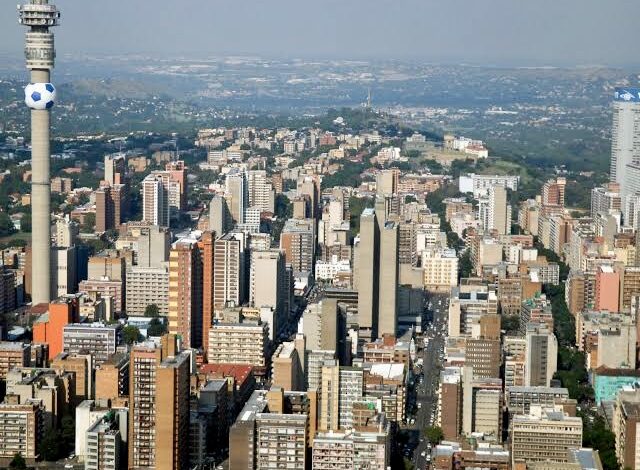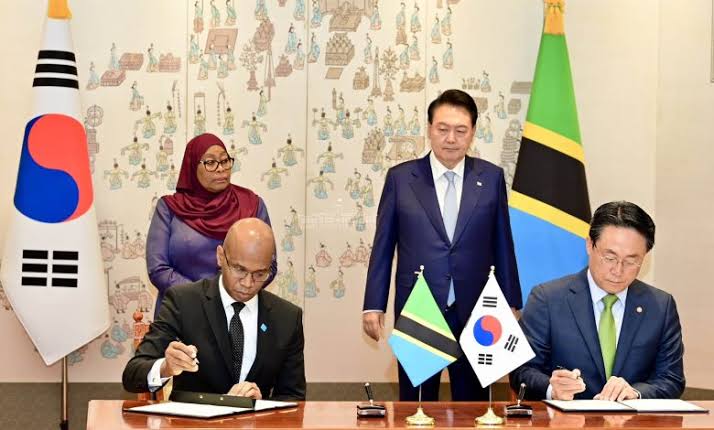
Faith Nyasuguta
Official results confirmed on Sunday, June 2, that no party secured a majority in South Africa’s recent election, prompting unprecedented coalition talks. With 58.6% of voters participating in the parliamentary poll, the African National Congress (ANC) won just over 40% of the vote.
Professor Patrick Bond, a political analyst from the University of Johannesburg, highlighted the dilemma facing the center-left ANC: whether to form a coalition with the centrist opposition party, the Democratic Alliance (DA), or seek alliances with smaller parties. “It’s a crucial moment for both the ANC and the DA. Will it benefit them to combine their 62% of the vote, or will the ANC scrape by with about 50% by aligning with smaller parties like the Economic Freedom Fighters or even reaching out to Jacob Zuma?” Bond pondered.
The ANC secured 159 seats in the 400-seat Parliament, a significant drop from the 230 seats it held in the last election. The DA, on the other hand, saw a slight increase, winning 87 seats. In total, eight parties received significant shares of the vote in the recent election.

President Cyril Ramaphosa, seeking a second term, called for political parties to find “common ground” and form South Africa’s first national coalition government. “We know Cyril’s leadership and there’s a lot of certainty in it. He is likely to collaborate with other parties, fostering an inter-party mix,” noted Peter Baur, a political economist at the University of Johannesburg.
Time is of the essence for coalition talks, as the new Parliament must convene and elect a president within 14 days of the election results being declared.
However, the ANC has made it clear that they will not entertain any demands from potential coalition partners for President Ramaphosa to step down. “Ramaphosa is the president of the ANC,” stated ANC secretary-general Fikile Mbalula. “Any demand for his resignation is a no-go area.”
Mbalula emphasized the ANC’s openness to dialogue with all political parties to form a government. Despite receiving just over 40% of the vote and falling short of the majority it has maintained throughout South Africa’s democratic history, the ANC remains the largest party. It now faces the task of forming a coalition government and securing Ramaphosa’s re-election for a second term.

“The results sent a clear message to the ANC,” Mbalula admitted. “We assure the people of South Africa that we have heard them.” He stressed the ANC’s commitment to creating a government that reflects the people’s will and ensures stability.
One significant challenge is the stance of the new MK Party, founded by former President Jacob Zuma, which won 14% of the vote, making it the third-largest party in Parliament. The MK Party has stipulated that Ramaphosa must resign as leader of both the ANC and the country for it to enter any coalition talks. The ANC, however, has ruled out this possibility.
As South Africa embarks on a series of complex negotiations to form its first national coalition government, the ANC’s ability to navigate these talks will be crucial. President Ramaphosa’s leadership and the party’s willingness to collaborate will be tested as they strive to establish a stable government that addresses the electorate’s concerns and aspirations.
This historic election marks a turning point for South Africa, highlighting the challenges and opportunities that come with coalition governance. The coming weeks will be critical in determining the country’s political future and the direction of its leadership.
RELATED:




